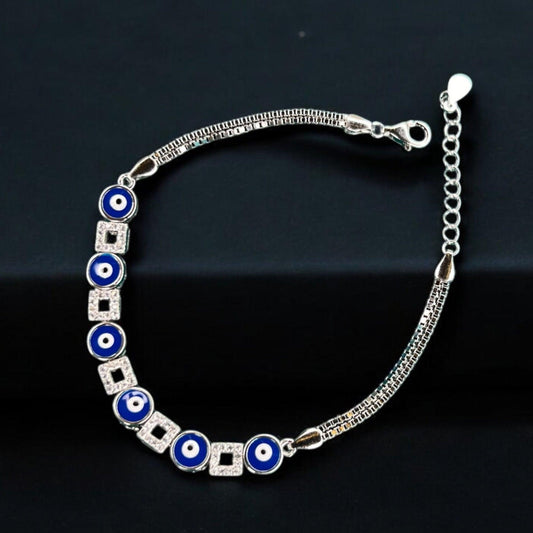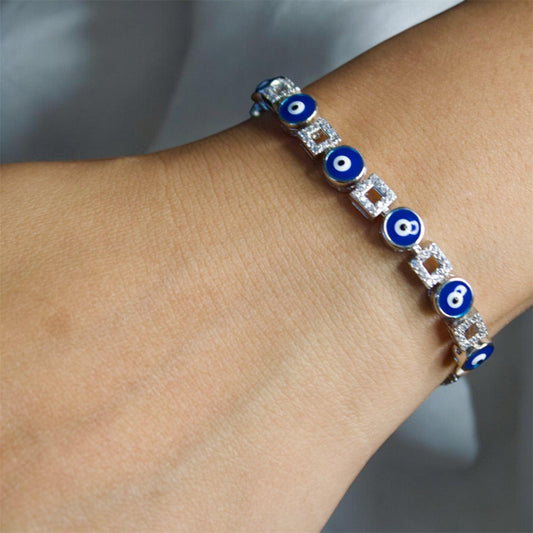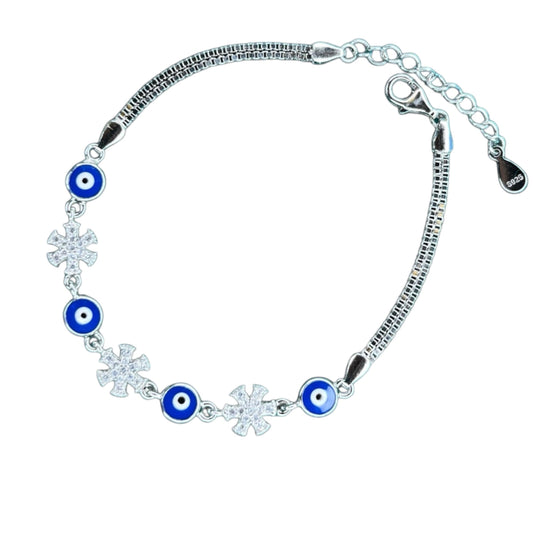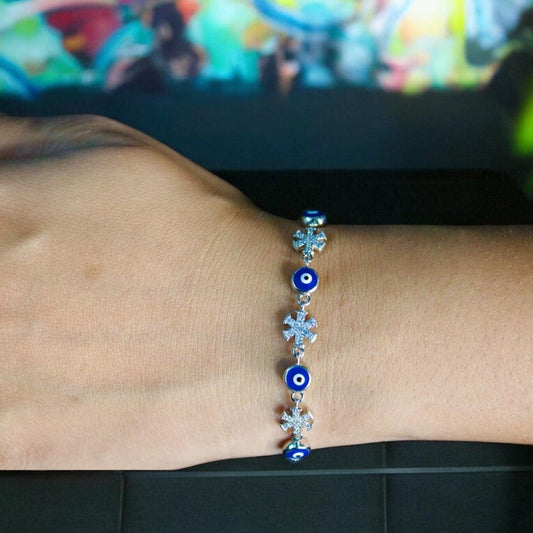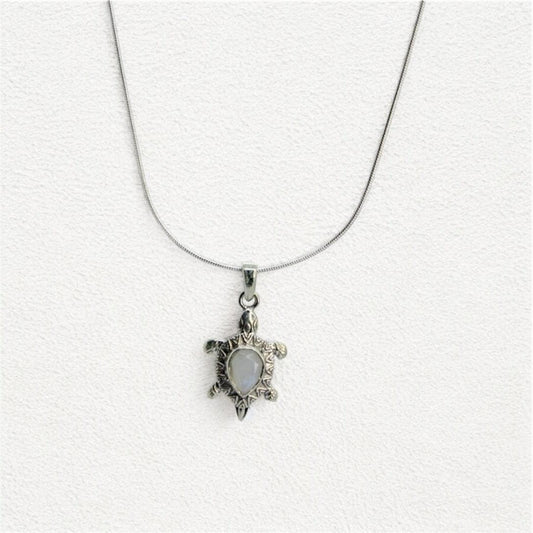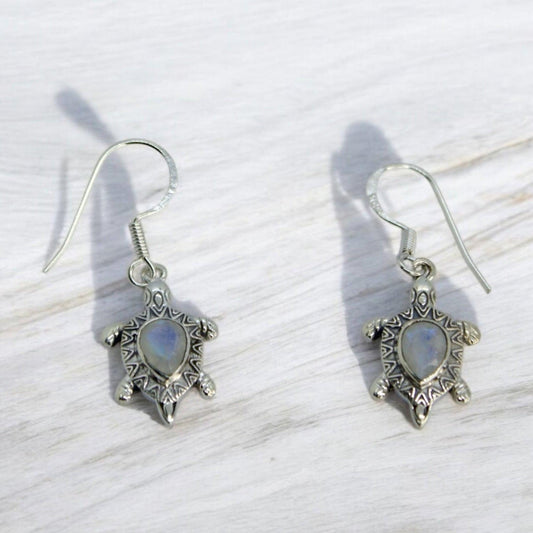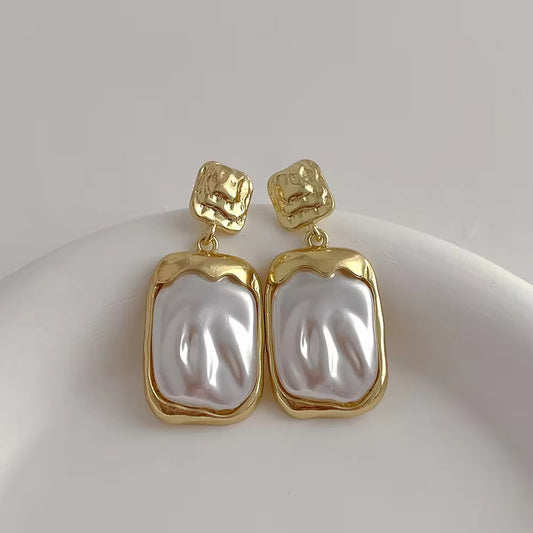Sustainable Jewelry Choices: Why It Matters
Share
In today’s world, where environmental concerns and ethical practices are at the forefront of consumer choices, sustainable jewelry has emerged as a significant fashion trend. Jewelry is not just a beautiful accessory—it is also a reflection of the choices we make, both in terms of style and ethics. As the demand for eco-friendly and ethical jewelry products continues to rise, it’s important to understand why sustainable jewelry matters and how making the right choices can have a long-lasting impact on both the planet and society.
What Is Sustainable Jewelry?
Sustainable jewelry refers to pieces that are crafted with consideration for the environment, the materials used, and the people involved in the process. It encompasses a wide range of practices, including the use of recycled metals, lab-grown diamonds, fair-trade gemstones, and sustainable packaging. It also focuses on creating timeless designs that encourage longevity and reduce the need for fast-fashion trends that lead to waste.
The Environmental Impact of Jewelry Production
The jewelry industry, while stunning in its aesthetic value, has a significant environmental footprint. Traditional methods of mining for precious metals and gemstones can lead to deforestation, soil erosion, and loss of biodiversity. For example, gold mining uses toxic chemicals such as cyanide and mercury, which can contaminate local water supplies, while diamond mining can cause ecological damage in the regions where they are found. As consumers become more aware of these environmental costs, there is a growing demand for eco-friendly alternatives that prioritize sustainability.
Ethical Sourcing: A Commitment to Fair Trade
Another key element of sustainable jewelry is ethical sourcing. Many luxury and mass-market jewelry pieces are made from materials that are sourced unethically, often from regions where workers are exploited or where labor standards are poor. Fair-trade gemstones and conflict-free diamonds ensure that artisans and workers are paid fairly, treated well, and work in safe conditions. Brands that prioritize ethical practices also help to support local communities and foster positive change.
The Benefits of Choosing Sustainable Jewelry
-
Eco-friendly Practices: By choosing sustainable jewelry, you are supporting brands that prioritize the planet’s well-being. Recycled gold, for instance, helps reduce the demand for new mining, thereby conserving natural resources.
-
Long-term Value: Sustainable jewelry is designed with longevity in mind, often using timeless designs that transcend fleeting trends. It’s about quality over quantity, encouraging consumers to purchase fewer, more durable pieces.
-
Positive Social Impact: Ethical jewelry brands ensure fair treatment of workers in their supply chains, helping foster social equity and better working conditions in the industry.
-
Unique and Customizable Pieces: Many sustainable jewelers offer one-of-a-kind designs that often tell a story or use upcycled materials, making the jewelry more personal and unique.
Sustainable Materials in Jewelry
-
Recycled Metals: One of the simplest ways to make jewelry more sustainable is by using recycled metals like gold, silver, and platinum. Recycling these metals reduces the need for harmful mining practices and minimizes the environmental impact.
-
Lab-Grown Diamonds: Lab-grown diamonds are chemically identical to mined diamonds, but they are created using ethical processes that do not harm the environment. They also don’t contribute to the global diamond trade, which has been linked to human rights violations and conflict funding.
-
Fair-Trade Gemstones: Fair-trade gemstones are sourced from ethical mines where workers are treated fairly, ensuring that the gems are traceable and that the mining process is transparent.
-
Sustainable Packaging: Sustainable jewelry also includes eco-friendly packaging made from recyclable or biodegradable materials. This reduces the plastic waste that often accompanies luxury items.
How to Make Sustainable Jewelry Choices
-
Research the Brand: Look for brands that are transparent about their sourcing practices, use recycled metals, and support fair-trade initiatives. Check if they offer information on the origins of their materials.
-
Opt for Timeless Designs: Instead of following trends that may quickly fade, invest in classic jewelry pieces that are versatile and will stand the test of time.
-
Consider Second-Hand or Vintage Jewelry: Vintage jewelry or pieces from estate sales are another sustainable option. They often carry history and unique charm, while also helping to reduce demand for newly mined materials.
-
Ask About Sustainability Practices: When purchasing jewelry, ask the retailer about the environmental and ethical practices they follow. Many brands now proudly highlight their commitment to sustainability.
Conclusion
Sustainable jewelry isn’t just a trend; it’s a movement that helps reduce the environmental impact of the jewelry industry, while also supporting ethical practices and ensuring the longevity of pieces that you treasure. As consumers become more conscious of their environmental footprint, the importance of choosing sustainable and ethical jewelry has never been clearer. When you choose pieces that are made with care for the planet and people, you’re not only making a fashion statement—you’re making a statement for a better, more sustainable future.
At Shineers, we are committed to offering sustainable jewelry that combines beauty with ethical practices. Explore our collection today and make a jewelry choice that reflects your values. Shop now for fashion-forward, eco-friendly jewelry that aligns with your ethical beliefs.

